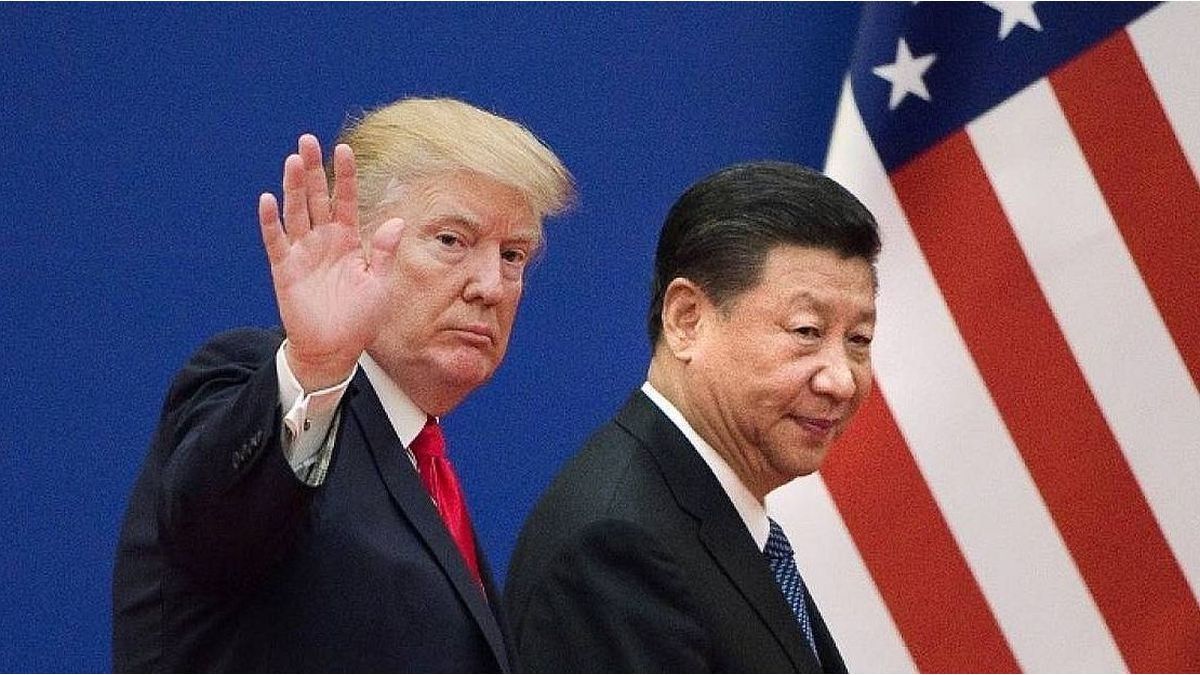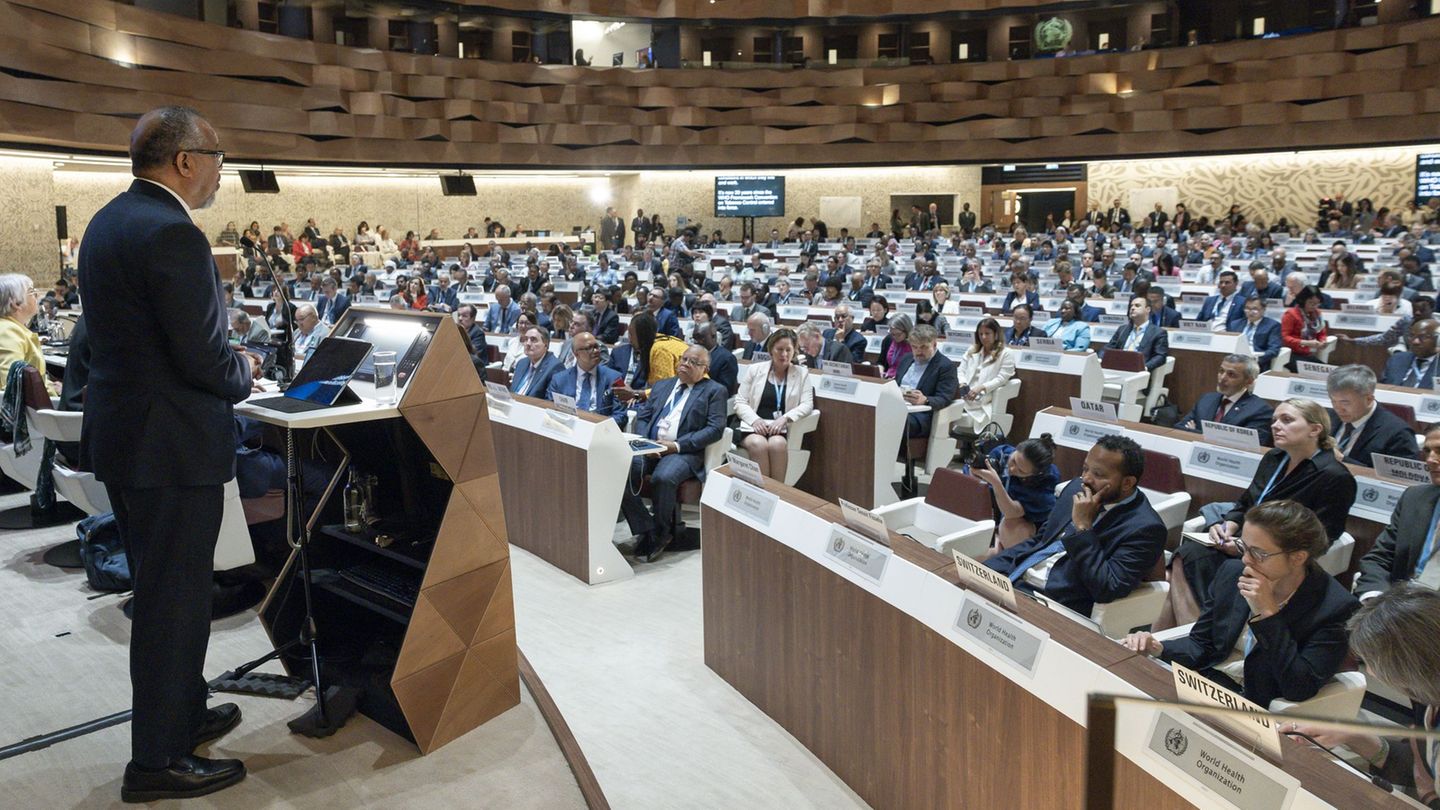I have been working in the news industry for over 6 years, first as a reporter and now as an editor. I have covered politics extensively, and my work has appeared in major newspapers and online news outlets around the world. In addition to my writing, I also contribute regularly to 24 Hours World.
Menu
Health: WHO pandemic contract should prevent panic and chaos in the future
Categories
Most Read
Melania Trump announces return of Ukrainian children
October 10, 2025
No Comments
Basic security instead of citizens’ money: That’s how tough the new rules are
October 10, 2025
No Comments
Donald Trump does not receive the Nobel Peace Prize – White House with criticism
October 10, 2025
No Comments
France: Macron starts crisis consultation with party leaders
October 10, 2025
No Comments
Middle East conflict: ceasefire in the Gaza war comes into force
October 10, 2025
No Comments
Latest Posts

The strongest superstition in football: why Casemiro plays with another surname on his shirt
October 10, 2025
No Comments
October 10, 2025 – 20:00 The incredible reasons why the Brazilian central midfielder does not want any correction on his shirt. Getty Images Yes ok

Goal and dedication to heaven: Nacho Russo scored against Newell’s after the death of his father, Miguel Ángel
October 10, 2025
No Comments
October 10, 2025 – 7:40 p.m. Just two days after the death of the historic former player and coach, the Tigre striker honored him in

Donald Trump imposed a new 100% tariff on China and stops software exports
October 10, 2025
No Comments
October 10, 2025 – 18:48 Donald Trump announced an additional 100% tariff on Chinese products and new controls on software exports. The measure came after
24 Hours Worlds is a comprehensive source of instant world current affairs, offering up-to-the-minute coverage of breaking news and events from around the globe. With a team of experienced journalists and experts on hand 24/7.

